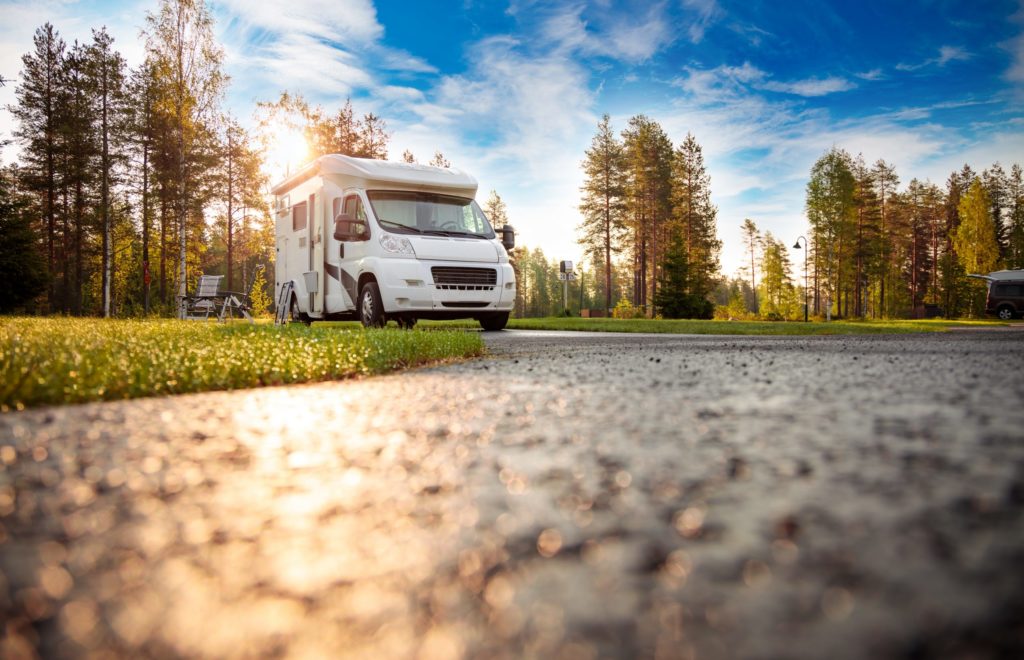Mobile health clinics are nothing new. For years, healthcare professionals have used what amount to doctors’ offices on wheels to literally deliver care to areas where options are very limited, and to people who are unable to visit a healthcare facility.
Mobile rehab services for addiction are not nearly as common. However, the need for mobile drug rehab has increased dramatically since the coronavirus pandemic hit.
Many residential addiction centers have either closed or stopped taking patients due to social distancing guidelines. At the same time, stay-at-home orders, restrictions on group gatherings, and job losses have left many people feeling isolated, depressed, and stressed.
As a result, mobile rehabs have emerged as lifelines for people struggling with addiction.
What Are Mobile Rehabs?
Mobile rehabs bring testing, counseling, medication, and other forms of treatment directly to patients.
The purpose of a mobile rehab is to bring testing, counseling, medication, and other forms of addiction treatment centers directly to the patients. A mobile rehab could be a large van, RV, or trailer staffed with doctors, therapists, and nurses and equipped with similar tools and technology as an addiction treatment center.
These are essentially mobile clinics and remote drug treatment facilities that provide addiction services without the delays and uncertainty of waiting for an opening at a traditional treatment center. Mobile clinics also have provided an option for people who were too ashamed to check into rehab or afraid of exposure to the coronavirus.
Let’s take a look at how mobile rehabs are being used to help people dealing with addiction in remote areas of Colorado and on the streets of South Philadelphia, PA.
RVs Become Portable Rehabs in Colorado
In some farming communities and mountainous areas of Colorado, there is limited access to not only addiction treatment, but to broadband internet connectivity that would enable people to take advantage of telehealth.
To overcome challenges that have been made worse by the pandemic, the State of Colorado launched a program that deployed six RVs as mobile rehab facilities to isolated regions. These mobile rehabs offer in-person testing, counseling, and drug prescriptions, as well as telehealth capabilities.
Each mobile rehab is staffed by a nurse, a therapist, and a peer specialist, each of whom must be trained to drive an RV.
Each of these mobile rehabs is staffed by at least one nurse, at least one therapist, and at least one peer specialist, each of whom must be trained to drive an RV. The RV nurse can provide prescriptions from the provider, administer injections if necessary, and distribute Narcan, a medication used to reverse an opioid overdose.
The RV itself is equipped with a laptop, printer, scanner, and label maker. Patients can connect with a nurse practitioner or physician assistant via video conference in an exam room and provide urine samples in a small bathroom. There is also a small room where patients can simply sit and speak with the counselor.
The mobile clinic program in Colorado is being funded in large part by a federal grant, which will run out in September 2022. At that point, a drug rehab clinic in Colorado and other mobile rehab operators will continue to operate the RVs.
Mobile Rehabs Emerge to Address the Spike in Opioid Overdoses
In South Philadelphia, which has been dealing with a heroin crisis, physicians from the University of Pennsylvania are providing addiction treatment from a van three days a week. Patients can receive free treatment for 30 days, or until they enter a longer-term program.
The Project RIDE (Rapid Initiation of Drug treatment Engagement) program is part of a two-year study examining how to get patients dealing with addiction into rehab as quickly as possible.
The staff – a nurse practitioner, case manager, and peer recovery specialist – can provide people with buprenorphine and other treatments for opioid withdrawal, testing for HIV and hepatitis C, and naloxone for overdoses. The first dose of buprenorphine can be delivered within a day.
Staff will also put out chairs outside the van so people can just sit down and talk without judgment. One of the goals of Project RIDE is to overcome the negative stigma of addiction and help outreach workers build relationships with people dealing with addiction, as well as their families and the community as a whole.
The Future of Mobile Rehabs
More states and cities are developing mobile rehab programs to expand access to addiction treatment for those who have been unable or hesitant to seek help. Some mobile rehabs are being directly supported by traditional rehab centers and augment the services that these facilities provide.
Mobile clinics can also be used to educate people dealing with addiction and encourage them to enter co-ed medical detox centers like DetoxLA as part of a long-term treatment and recovery program. If you’d like more information about our Los Angeles detox center, contact DetoxLA today.

